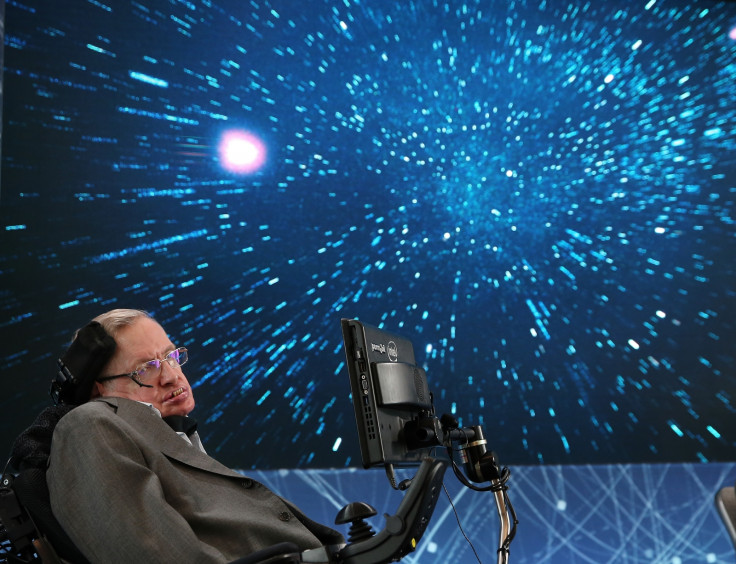After Stephen Hawking's PhD thesis was made public, the Cambridge University website crashed
Hawking wrote his thesis, titled Properties of Expanding Universes in 1966, as part of his studies for his second degree.
The University of Cambridge recently made Stephen Hawking's PhD thesis publicly available via their open access repository, and sent Physics enthusiasts across the globe into raptures.
Hawking's paper, which was written over 50 years ago and made public by Cambridge with his permission, garnered so much interest that shortly after the paper went live, the university's website reportedly crashed for a brief period.
"By making my PhD thesis open access, I hope to inspire people around the world to look up at the stars and not down at their feet; to wonder about our place in the universe and to try and make sense of the cosmos," Hawking said in a statement after it was announced that his thesis would be made public. "Anyone, anywhere in the world should have free, unhindered access to not just my research, but to the research of every great and inquiring mind across the spectrum of human understanding."
Since Cambridge University announced making Hawking's paper public, over 400,000 people have reportedly viewed the university's repository page.
"We have had a huge response to Professor Hawking's decision to make his PhD thesis publicly available to download, with 60,000 downloads in less than 24 hours," a spokesperson for the University of Cambridge said in a statement to Mashable. "As a result, visitors to our open access site may find that it is performing slower than usual and may at times be temporarily unavailable." However, the university's repository site was accessible at the time of writing this article.
Hawking wrote his thesis, titled Properties of Expanding Universes in 1966, as part of his studies for his second degree, after his first-class bachelors degree in physics from Oxford.
Fancy a bit of light reading? We've put #StephenHawking's 1966 PhD thesis online to celebrate #openaccessweek https://t.co/bakmB4kRtl
— Cambridge University (@Cambridge_Uni) October 23, 2017
"It's wonderful to hear how many people have already shown an interest in downloading my thesis – hopefully they won't be disappointed now that they finally have access to it," Hawking previously said in a statement.























